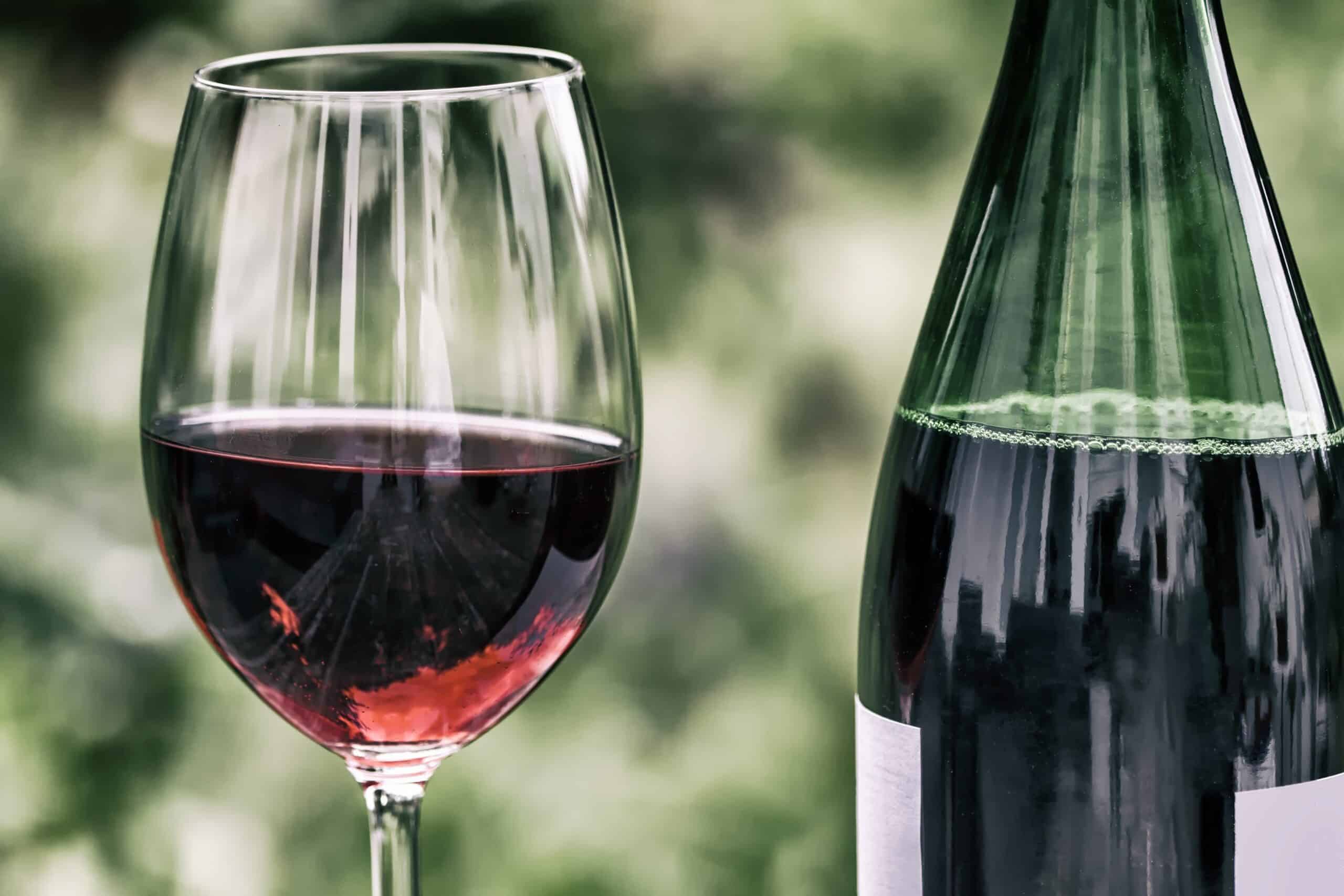Algarve wine production increased 20% compared to 2023
The Algarve wine industry has achieved a milestone, producing nearly 2 million litres of wine in 2024 – the best result for the sector in 15 years.
According to Sara Silva, president of the Algarve Wine Commission (CVA), this represents a 20% increase compared to 2023.
“We had an increase in production that surpassed our initial expectations,” Silva told Barlavento newspaper, explaining that halfway through the year a survey was carried out which pointed to an 8-10% increase.
In total, the CVA certified 1.98 million litres of wine in 2024, including wines with Denomination of Origin (Lagos, Portimão, Lagoa, and Tavira) and Geographic Indication Algarve. An additional 100,000–200,000 litres of uncertified table wine also contributed to the total.
These positive results are being linked to the growing number of winemakers in the region. The wine commission closed 2024 with 61 registered winemakers and the number has been growing by five or six on average every year. Additionally, several existing wineries are increasing the size of their vineyards. In the last three years alone, around 180 hectares of new vineyards were authorised in the Algarve, bucking the national trend of decline, Silva said.
Algarve winemakers have also embraced changes to their usual varieties, focusing on fresh, summer-friendly wines like whites, whose production has been growing significantly. “We sell wines mostly in the summer, which is why there is great demand for fresh wines, like rosés or sparkling wines,” Silva said.
Red wine production remains steady, growing sustainably, the wine commission president added, while at the same time there has been renewed interest in the Algarve’s traditional Negra Mole grape.
Even winemakers who were once sceptical about using it are moving forward with Negra Mole wines because they are being successful, she said. “The Algarve is becoming known for its flagship variety,” with more than a third of the region’s producers incorporating it into their labels. Negra Mole is even finding success in sparkling wines, a surprising development given its limited historical usage in this style, Silva pointed out. “It is a very flexible variety, which can be harmonised very well with our or even international gastronomy.”
While in the past Negra Mole was mostly used to produce blend wines in large quantities, it is being increasingly used monovarietal wines in the past 10 to 15 years, catering to the market’s demand for “exclusive Algarve wines.”
While wine production in the Algarve is hitting record-highs, exports remain modest as most regional wines are consumed locally.
“Exports account for 12% to 15% of sales,” Silva said, reporting a slight and gradual increase in exports to European countries. “There are years that we export a little more or a little less, but not all our producers are exporters. Most of them sell their wines locally to restaurants or hotels,” Silva explained. Some wines are also sold at retail outlets while wine tourism gives producers to sell directly to consumers.




















